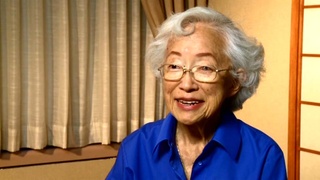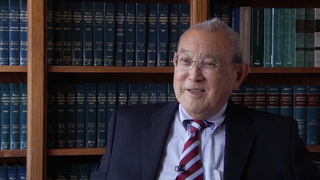Interviews
Postwar discrimination
I was like 5, 6 years old, I was going kindergarten, 1st, 2nd grade, you know. A lot of local kids they used to call us “Japs”. “You guys killed all our friends” and stuff. It was very difficult. At one point, I hate all my race because I feel, Jesus Christ, I never did nothing all of a sudden these guys all hate us. We’d get beat up, you know, it wasn’t that easy… I think after I was maybe in the 8th grade, 9th grade. It was getting better and better.
Time basically lets you forget, right? Not for me, but for whoever else is doing this stuff. And I’m sure they felt that a lot of their relatives who passed away…I mean I don’t know. They blamed the people…same thing like now with the Arabs, right? Men get beat up because after 9/11. It’s just race-related because you don’t know who your enemy. Korean War, Vietnamese War – you don’t know who the enemy. Even now, right?
Date: June 1, 2006
Location: Hawai`i, US
Interviewer: Akemi Kikumura Yano
Contributed by: Watase Media Arts Center, Japanese American National Museum










